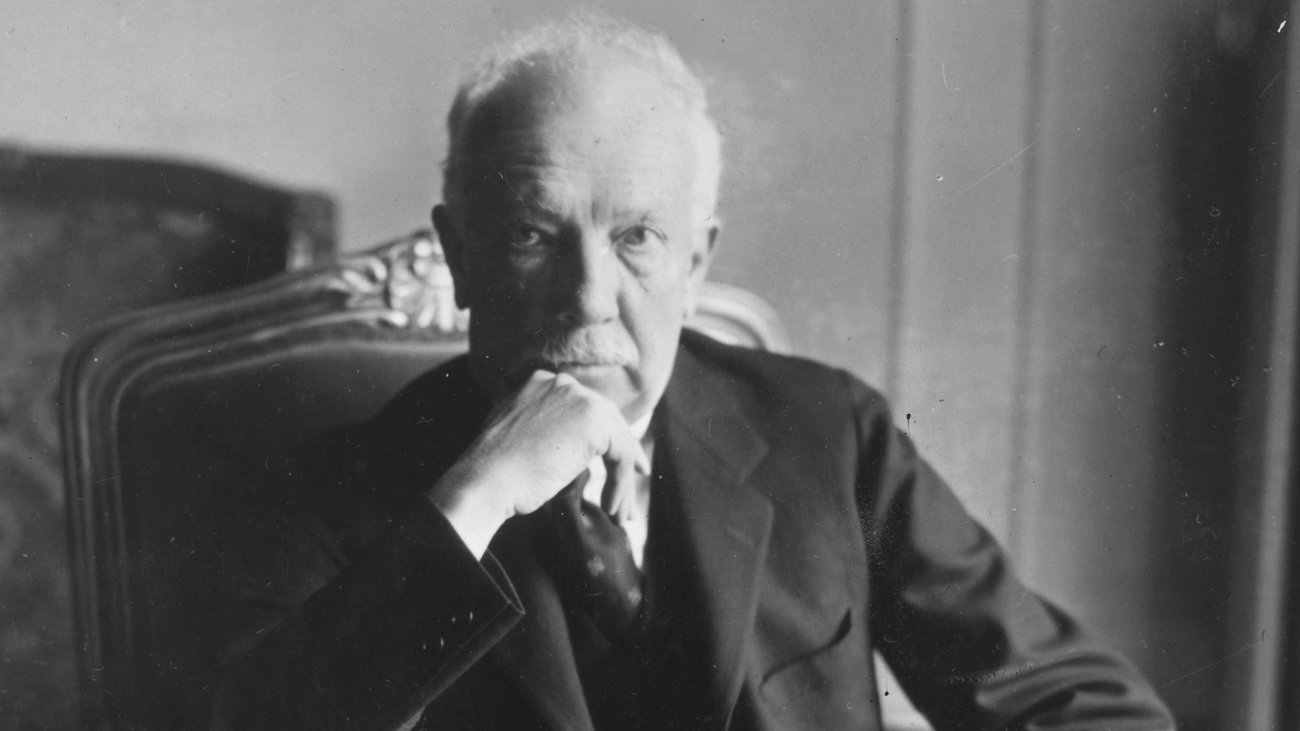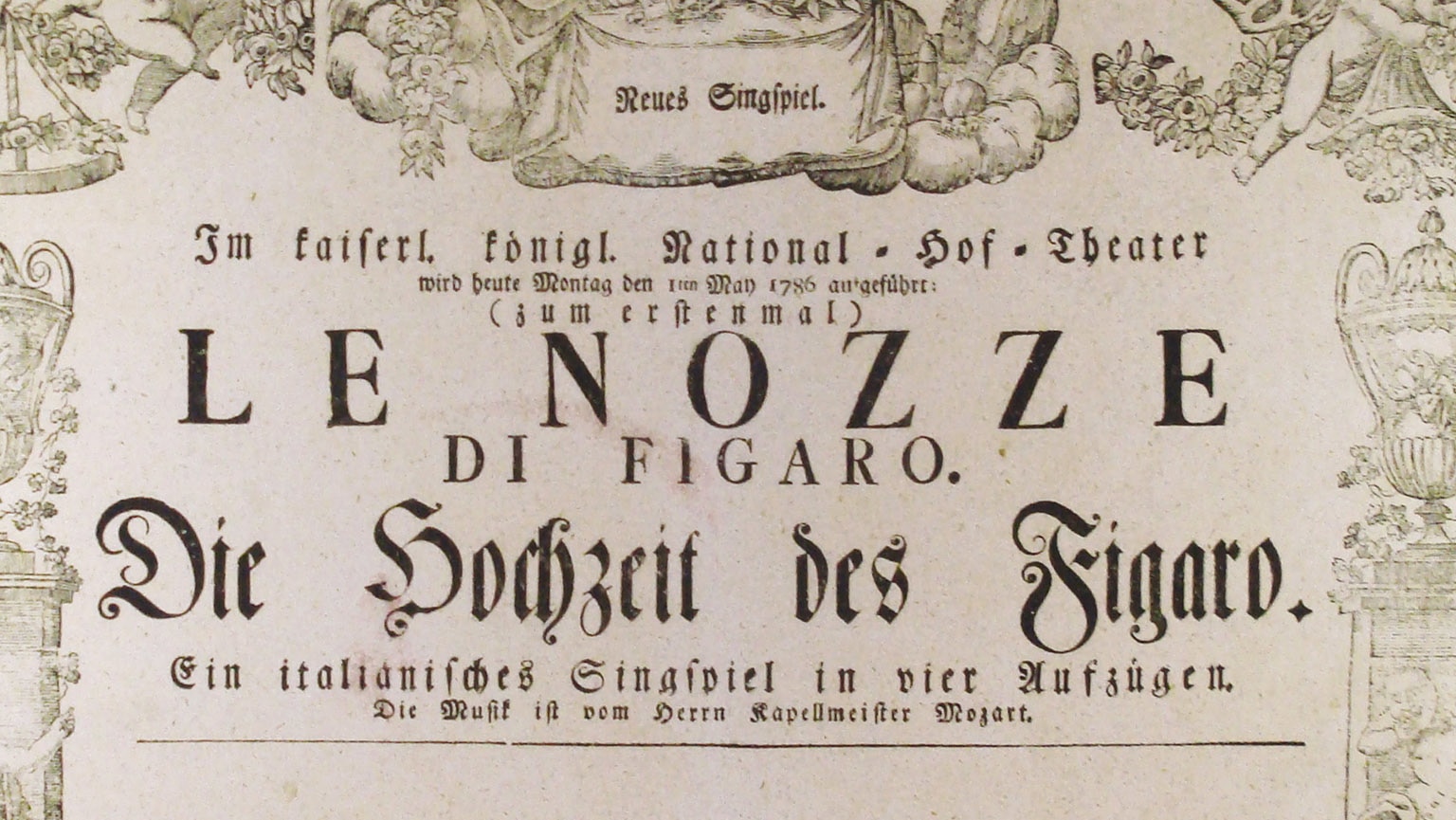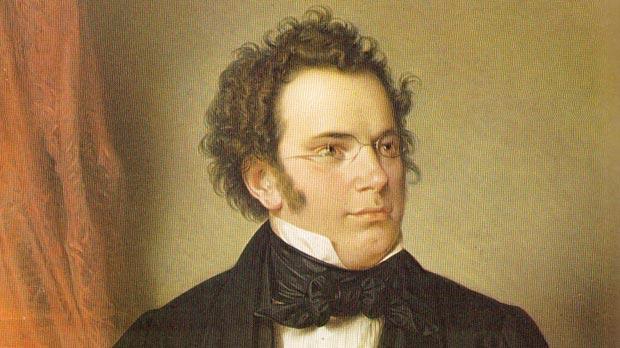A Conversation on “The Next Track”
Recently, I was honored to talk about classical music with Doug Adams and Kirk McElhearn on their podcast, The Next Track. The Next Track, “a podcast about how people listen to music today,” offers fascinating discussions on topics ranging from the effect of background music, to the works of John Cage, to progressive rock. Updated each Friday, this is a go-to resource for information on trends in the recording industry. Past guests include music critic and …







